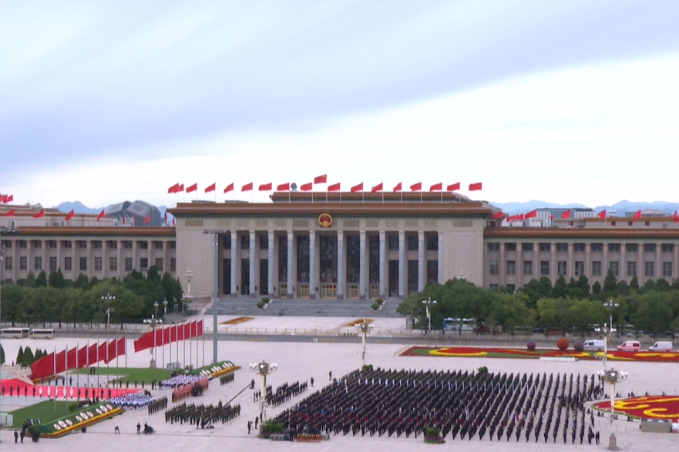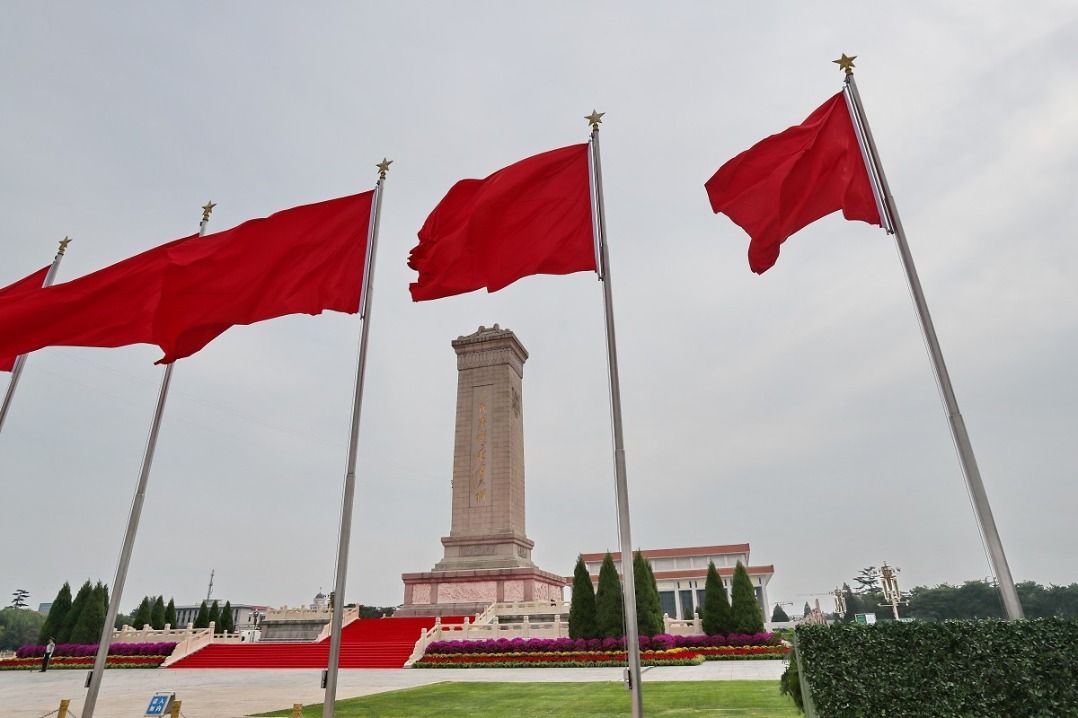Economy seeing structural recovery, but domestic demand needs a boost


China's consumer price index rose 0.2 percent year-on-year and the producer price index fell 0.8 percent year-on-year in June, compared with respective 0.1 percent rise and 2.1 percent decline in the first half of this year, data released by the National Bureau of Statistics show.
This indicates China's prices are on a rising curve, with the CPI turning from flat in the first quarter to increasing slightly in the second quarter, and the decline in the PPI continuing to narrow. Prices have recovered somewhat, but they are still at a relatively low level, reflecting the weak demand despite emerging signs of economic recovery.
The increase of food prices has remained weak while nonfood prices have increased steadily. This is largely because of China's increased efforts to ensure the stable production and supply of grain and important agricultural products. China's grain output has stayed above 650 million metric tons for eight years in a row, and the self-sufficiency rate of the main grains has remained above 95 percent, ensuring stable overall supply of food at low prices. Nonfood prices rose 0.8 percent in the first half of the year, contributing to positive year-on-year CPI growth, while overall nonfood price increases were well below those in major economies.
China's external demand was better than expected in the first half of the year, leading to the growth of its exports. The increased exports of some traditional industries helped curb the decline in their prices and even fueled price growth. However, affected by the shaky real estate market, the price index of some industries continues to fluctuate, the main reason for the negative year-on-year growth of PPI.
In view of the structural characteristics of its economic operation, especially the weak demand, China should increase its policy intensity in the second half of the year to expand domestic demand. In fiscal terms, it should speed up the issuance of ultra-long treasury bonds and special bonds to improve market demand. Monetary policy should focus on maintaining price stability and promoting a moderate recovery of prices.
The country should also accelerate the development of new quality productive forces, and vigorously promote new industrialization and the development of artificial intelligence, to promote the rapid growth of high-tech manufacturing. At the same time, a new campaign aimed at promoting large-scale equipment renewal and the replacement of old consumer goods with new ones should be launched to boost the consumer market.
The effective implementation of such policy measures will play a positive role in stabilizing prices and improving expectations.
































